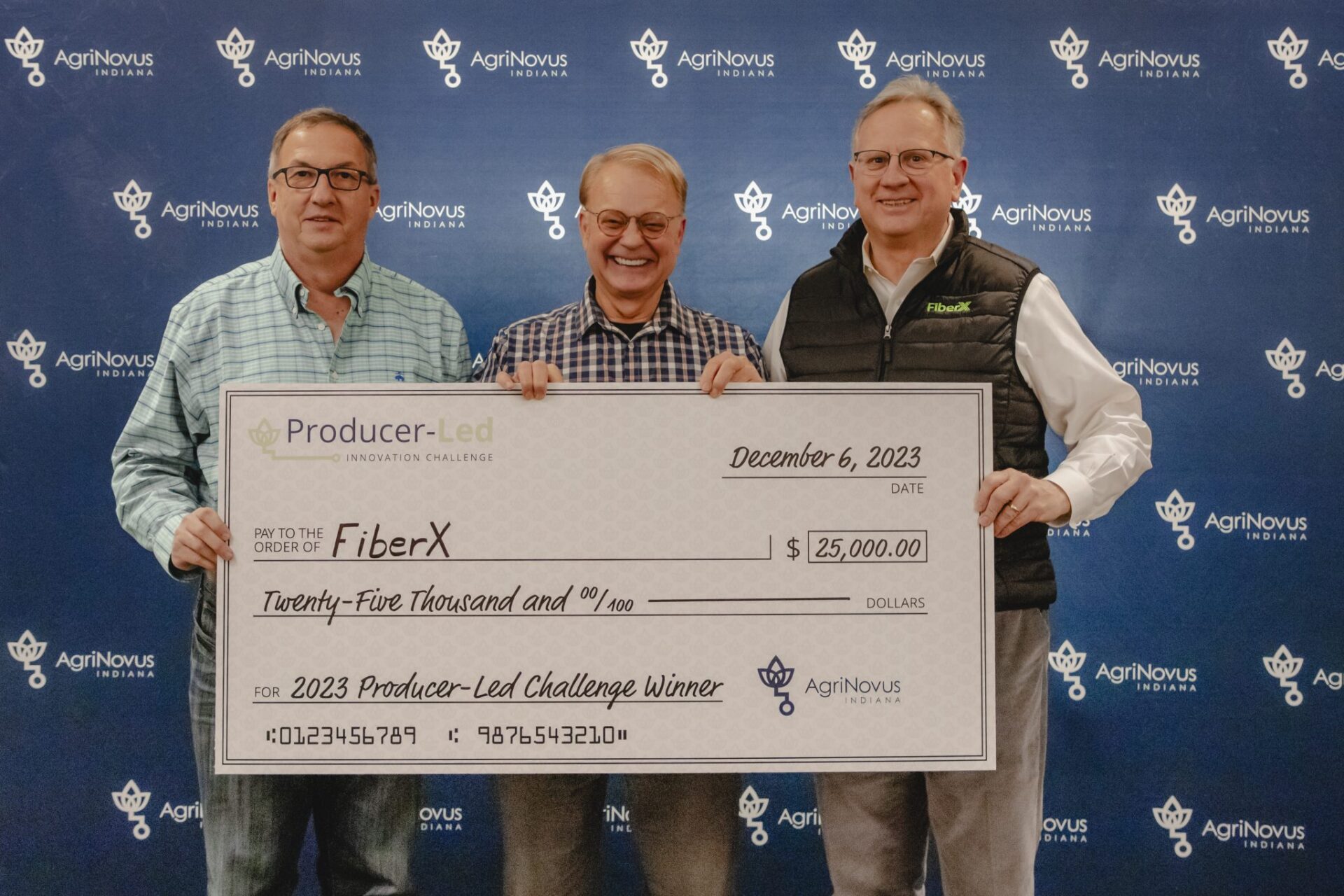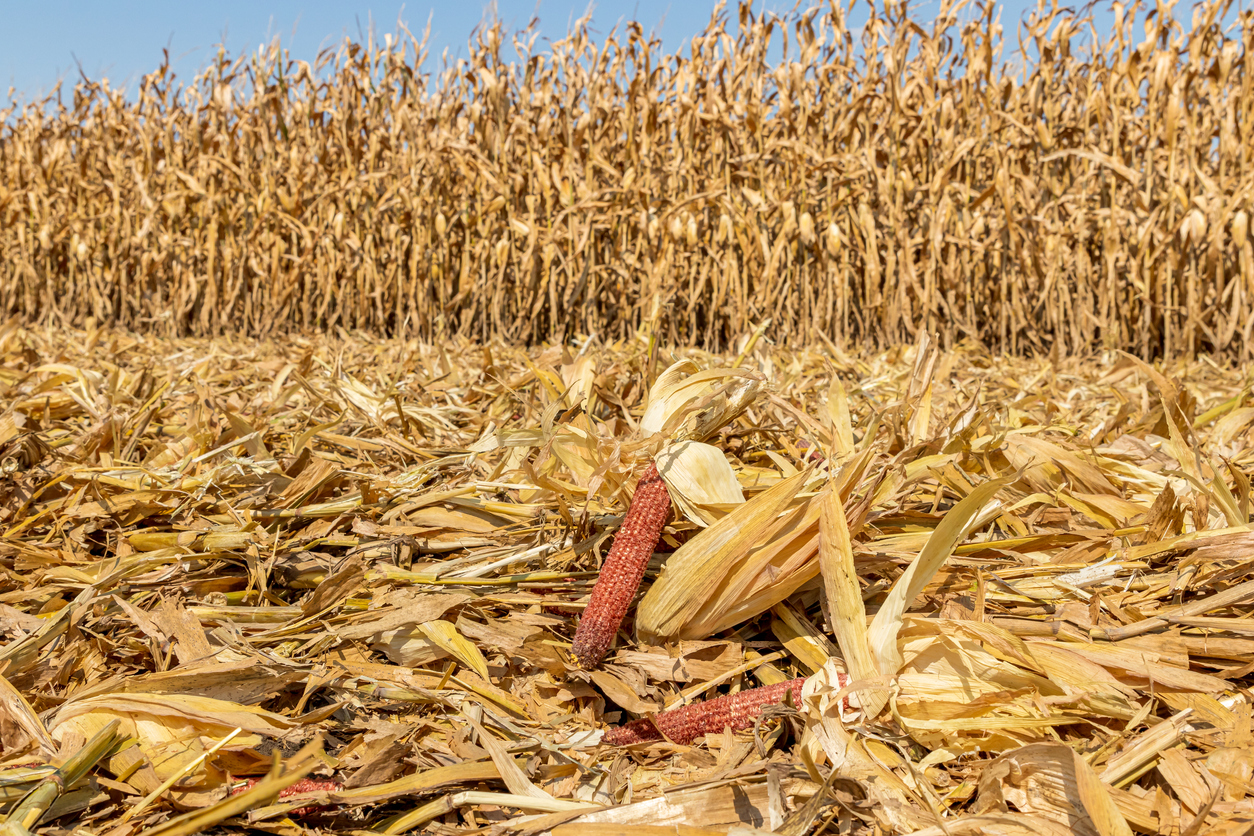This sponsored post has been published in partnership with AgriNovus, an initiative that promotes and accelerates the growth of the agbioscience community.
A recent World Bank report predicts the global economy is on track for its slowest half-decade in 30 years. Global conflict — such as that in Ukraine and the Middle East — coupled with sluggish global trade and slowed economic growth are creating “the tightest financial conditions in decades.”
Unreliable access to food is an all-too-possible consequence of this slowdown. While addressing this will require support from many areas, farms can play a major role here as the staging grounds for more efficient, sustainable and ultimately profitable ways to grow food.
For that to happen, a number of challenges farmers face must first be solved, from the challenges of data collection and coalition to ever-tightening farm margins, rising labor and input costs and demand to grow food more sustainably.
Such elements make for a rough operating environment for farmers but simultaneously create huge opportunity for innovation, particularly in agbioscience.
To tackle the challenges farmers face, AgriNovus Indiana launched a partnership with the Indiana Corn Marketing Council and the Indiana Soybean Alliance in 2020 called the Producer Led Innovation Challenge. The idea? For farmers to define the problems they face on their operations that could be solved with innovation; a challenge is issued, innovators sign up for the challenge accelerator program, submit their minimum viable product and could win seed funding to accelerate commercialization of their solution.
Since launching the Producer-Led Innovation Challenge, every company that has won the Challenge has either received follow-on funding (2020 winner iYotah Solutions and 2021 winner Regrow Ag) or was acquired (2023 winner Aker Technology was acquired by agtech company Intelinair). Selected winners have received over $100,000 USD in seed funding from the Producer-Led Innovation Challenge.

FiberX: generating a new cash crop for farmers
Participants in the 2023 challenge addressed the following question: “How can you create new revenue streams for farmers that are incorporated into their existing workflows?”
FiberX, which won the challenge and received a $25,000 USD award, does this by working with corn growers to source and convert stover into feedstock for the chemical and materials sector.
The company’s product portfolio includes natural fiber reinforced plastic polymer pellets and fiber for the plastic injection molding industry. Such biocomposite plastics have the potential to replace up to 50% of petroleum-based plastic polymers.
The company’s process brings benefits to farmers, too.
“One of our goals at FiberX is to help sustain farmers in Indiana and beyond,” says co-founder and CEO David Skibinski. “We responsibly remove corn stover from farms, generating a new cash crop for the farming community.”
“We have found the farmers in Indiana to be highly innovative and entrepreneurial, and seeking new means to generate revenue and sustain their businesses.”
He says FiberX entered the challenge partly for raising awareness about the company but also to leverage the opportunity to educate stakeholders about the company’s approach to stover removal from partner farms.
“FiberX has proven the ability to harvest and process corn stover as a new component in biocomposite plastics, reducing the amount of petroleum in these new polymers for injection molding companies and others in the plastic products markets,” he says.
The team, which includes Skibinski, Wade Lange and Tom Santelli, has already received a Manufacturing Readiness Grant from Conexus Indiana and an Innovation Voucher from Elevate Ventures.

Student innovators
As part of the challenge, Purdue DIAL Ventures, a venture studio at Purdue University in Indiana, presented prize money to the school’s top two participating student teams.
Lourival Monaco, a research manager at Purdue DIAL Ventures, says joining the challenge provided students with an opportunity to apply their learnings in a more real-world setting than they might otherwise encounter at school.
“Our intention was to give space for students to experience real-world venture building and real-world startup processes,” he says. “More than anything, it was about helping them find actual solutions to actual problems the world faces.”
EcoTrack, founded by Corey Tuinstra, received $4,000 for its digital audit management system. YieldSmart, run by Anton Josifovski and Isha Shamim, was awarded $2,000 for a precision ag platform.
An added bonus for the students was being able to work in an environment more akin to a startup.
“Some students have an inclination to be founders. They just don’t know how to get started,” says Monaco. “I love that some of the students say, ‘I don’t have anything to lose, why not give it a shot.'”
Of the university’s venture studio, he says, “We have amazing resources and capabilities in the space. If they are leveraged, we can create the Silicon Valley of the midwest. Embracing that and pushing the envelope in agriculture is what we’re meant to do. Leading the country is something we can do.”
“Indiana is a fabulous hub for agricultural-based businesses,” adds Skibinski “As a major farming state with tremendous academic, commercial, and non-profit resources focused on agriculture, we have the resources to recognize and realize new opportunities to improve the agricultural economy within Indiana, and export these new products, services and capabilities to other states and across the world.”
Innovators, startups or companies interested in learning more about AgriNovus’ Innovation Challenge Series, can learn more here.





